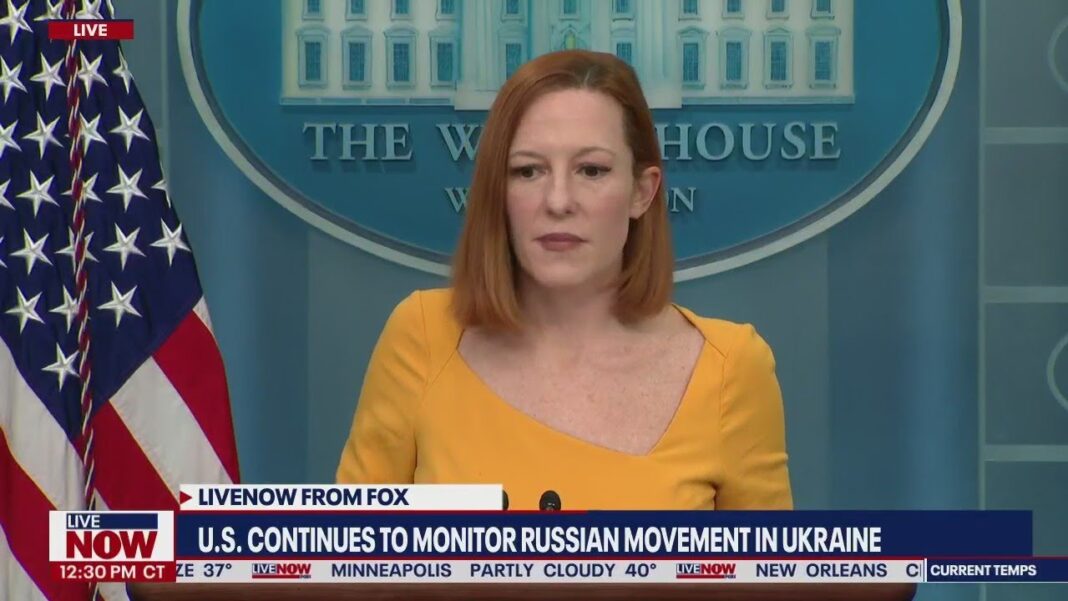
Inside a newly shuttered Chinese hospital deemed the nation’s latest COVID-19 outbreak hotspot, overworked nurses started a shouting match with doctors demanding basic measures of protection.
At some Chinese universities, students broke down in tears after some were sealed inside their dorms without access to water or toilets.
Elsewhere, in some rental apartments, tenants were shocked to learn that they had to pack up within hours because what they considered their home would be converted into quarantine facilities.
Over the past week, scenes of exasperation have emerged in various parts of China as officials battle the “stealth omicron” variant that has fueled the country’s purported worst outbreak since the pandemic began two years ago. Among the hardest hit is the southern technology hub of Shenzhen, whose 17.5 million residents were put into lockdown. Dongguan city in southeastern China and northeastern Jilin Province, home to 10 million and 24 million inhabitants, respectively, were also ordered into lockdowns.
Since March 1, China has reported more than 10,000 cases spanning most provinces, Lei Zhenglong, the vice director for the National Bureau of Disease Control and Prevention, said on March 14, adding that in some districts, the outbreaks are still developing at an “accelerating speed.”
Critics have long been skeptical of Beijing’s official virus figures, citing the Chinese Communist Party’s routine practice of suppressing information that harms its image and its need to sustain the narrative that the regime is keeping the pandemic under control. Lei’s tally marks the highest recorded in the country since April 2020.
“There’s no way it’s accurate,” one resident from Changchun, where 9 million residents had already been locked in their homes for three days, told The Epoch Times, referring to Beijing’s official infection count.
As most countries learn to live with the virus, mainland China is among the final holdovers of the “zero-COVID” policy, despite growing questions about whether the goal is ever achievable and concerns over its mounting toll on the economy.
On March 14, Lei insisted that the approach, which the regime has recently labeled as “dynamic COVID-zero,” is “absolutely effective.”
“We need to take action earlier, faster, stricter, and more thoroughly in outbreak response because the Omicron virus is sneaky and fast-spreading,” he said.
By Eva Fu







